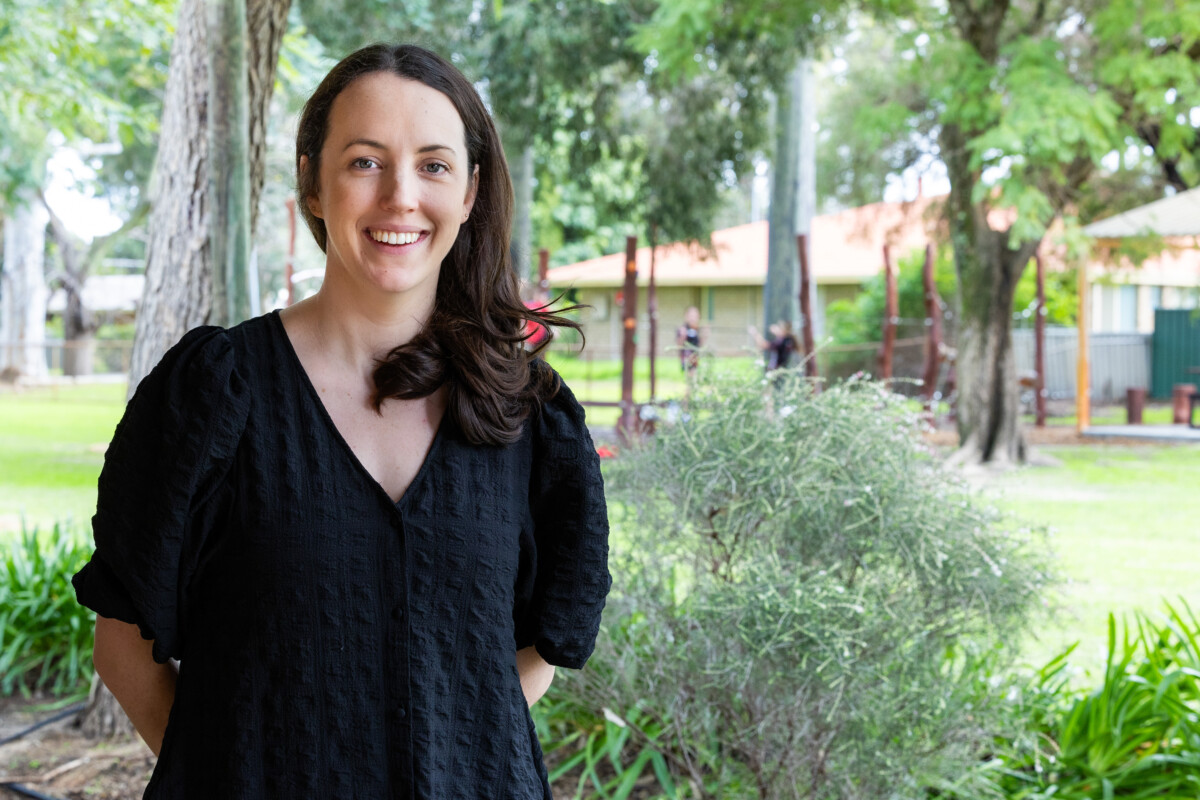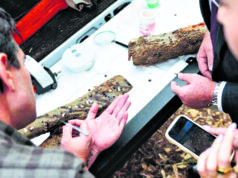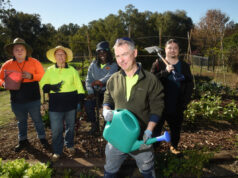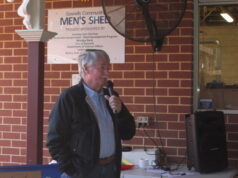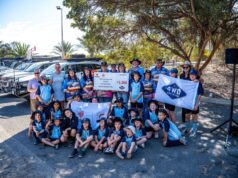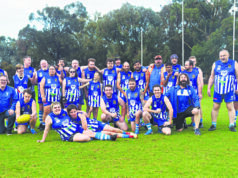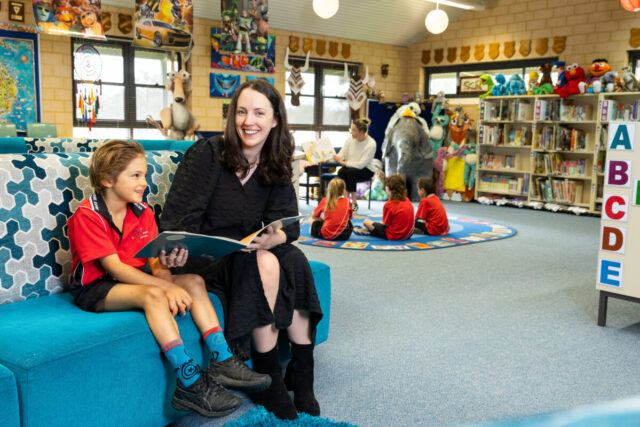
Last week Serpentine Primary School Principal Stephanie Le Lievre was recognised as the shining light she is.
Each year, twelve exemplary Australian teachers (and a further ten teachers in the early years of their profession) are celebrated for their roles in transforming children’s lives through education at the Commonwealth Bank Teaching Awards.
After being shortlisted from over 500 nominees, Stephanie received the prestigious $40,000 Teaching Fellowship, which included $25,000 for her school, a week-long study tour to Singapore, and participation in a unique 12-month professional learning program.
As someone whose passion lies in literacy, and with a background in speech pathology, Stephanie was uncharacteristically speechless after receiving the honour from Federal Education Minister Jason Clare at Parliament House in Canberra last Monday.
“It was an honour just to be nominated, but to be selected as one of the 12 teachers and school leaders across Australia felt truly humbling. It’s a recognition I never expected, and I’m deeply grateful for it.”

Stephanie stepped up to be principal a year ago, after arriving at the school in 2021 as deputy principal.
“The deputy role was described in a way that really resonated with me, with a real emphasis on literacy,” she said.
“And I liked where the school was heading – there’s a big focus on professional learning and development, and every decision we make here is evidence-based.”
As part of the school’s ‘improvement journey’, Stephanie got her teeth stuck into a comprehensive curriculum framework.
She also devised the Serpentine PS Instructional Playbook, which has been widely downloaded and served as a model for other schools. By replacing operational meetings with professional learning seminars, she equipped teachers with essential skills, leading to notable growth in literacy measures and improved NAPLAN results, including a reduction in the number of students needing significant educational support.
“Teaching is an art-form but it’s also an applied science,” she said.
“We have decades of cognitive research to show how kids learn better with certain instruction – particularly for numeracy and literacy.”
As testament to the strength of this pioneering ethos, Serpentine has just been included in a research project by the Australian Education Research Organisation, in an effort to learn about the school’s approach to implementing evidence-based practises.
But the real results are not found in the accolades or the national recognition, but in the day-to-day impact these changes are having for staff at the school.
“I can say, hand-on-heart, that all our teachers and education assistants are fully on board, and committed to evidence-based practise and a culture of continued improvement,” she said.
“We prioritise our funding for professional learning, and releasing teachers to create quality resources.
“We now have banks of high-quality resources which teachers can draw on each year, meaning a long-term workload reduction, because you’re not reinventing the wheel every year.”
The focus on creating in-house ‘knowledge units’ has led to the school addressing the critical “knowledge deficit” identified by E.D Hirsch.
“Our Year 2s study Greek mythology. Our Year 1s can tell you all about Mesopotamia. We have units on Shakespeare, global warming, renewable energy types, natural disasters, and astronomy – these topics aren’t always in the Australian curriculum, but we’ve gone for a knowledge-rich curriculum so that our students fare better at high school,” she said.
“We find their ability to comprehend and think critically is improved – how can you think critically about something you have no knowledge about.”
Stephanie said knowledge units created by teachers at her school have been made freely available to other schools and are being widely downloaded and used by teachers all over the state.
And the $25,000 she won as part of the award will go a long way to creating more of these knowledge units.
“This award is a reflection of the whole school – not just me,” she said.
“It doesn’t matter how much passion you have as a leader, without the dedication of our teachers and education assistants we wouldn’t be where we are today.”
